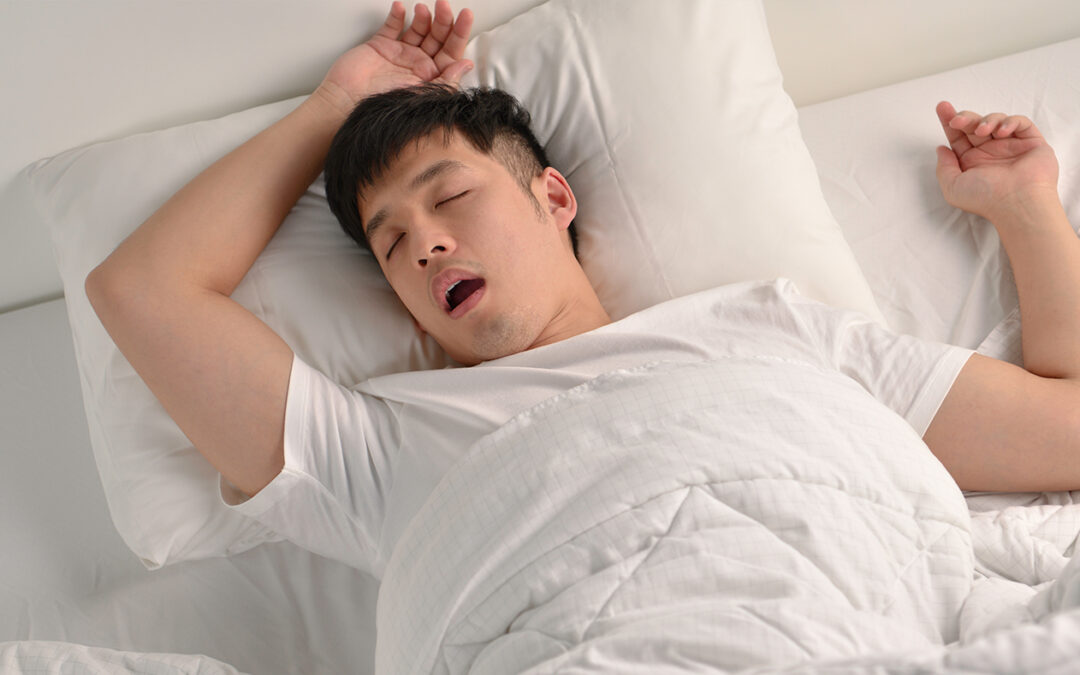Sleep apnea is a serious condition where individuals stop breathing for 10 seconds repeatedly throughout the night. This results in sleepers waking up for short periods of time during sleep due to a lack of oxygen in the blood. Sleep apnea affects over 30 million Americans according to researchers.
Sleep apnea can lead to depression, heart disease, high blood pressure, and impotence. There is also the risk of increased drowsiness and loss of concentration during the day which may lead to serious accidents.
Symptoms during sleep include:
- Snoring
- Gasping for air
- Pauses in breathing
But many people are unaware that they are experiencing these symptoms and sleep apnea goes undiagnosed. If you find that you feel tired or fatigued after 6-8 hours of sleep, you may want to have a sleep apnea study done to see if you suffer from this condition.
There are 3 types of sleep apnea:
- Obstructive Sleep apnea: this is the most common and is related to soft tissue blocking the airway during sleep.
- Central Sleep apnea: less common and is related to neurological disorders, the brain not sending the proper signals to the muscles to breathe.
- Complex Sleep apnea: Combination of the 2 above.
The main cause of Obstructive Sleep Apnea (OSA) in adults is excess weight and Obesity. Over 50% of adults with OSA are either overweight, which implies a body mass index between 25 and 29.9 or are obese with a body mass index of 30 or more.
Does Bariatric Surgery Resolve Sleep apnea?
Bariatric surgery is one of the most effective options for treating obesity and its co-morbidities such as Obstructive Sleep Apnea. Studies show that approximately 80 % of patients who undergo weight loss surgery show some improvement in their sleep apnea. Duodenal Switch has the best results and gastric banding the least, this correlates with effectiveness in weight loss from each type of surgery.
Is surgery safe for patients with sleep apnea?
While weight loss surgery can be done safely and is recommended for patients with sleep apnea, specific protocols need to be in place to ensure the patient’s safety during surgery and more critically during recovery. Patients with sleep apnea require more care post-op when compared to patients without sleep apnea.
Many patients are not aware of the multiple times they stop breathing during their sleep and while this may not represent a problem at home, right after surgery it may become a serious problem if not addressed because patients are still under the effects of anesthesia and medication. Undiagnosed sleep apnea patients are frequently detected during surgery and proper measures are taken. In our group, we take precautions like continuous telemetry monitoring directly linked to the Intensive care unit and the use of CPAP machines during the time patients are at the hospital.

